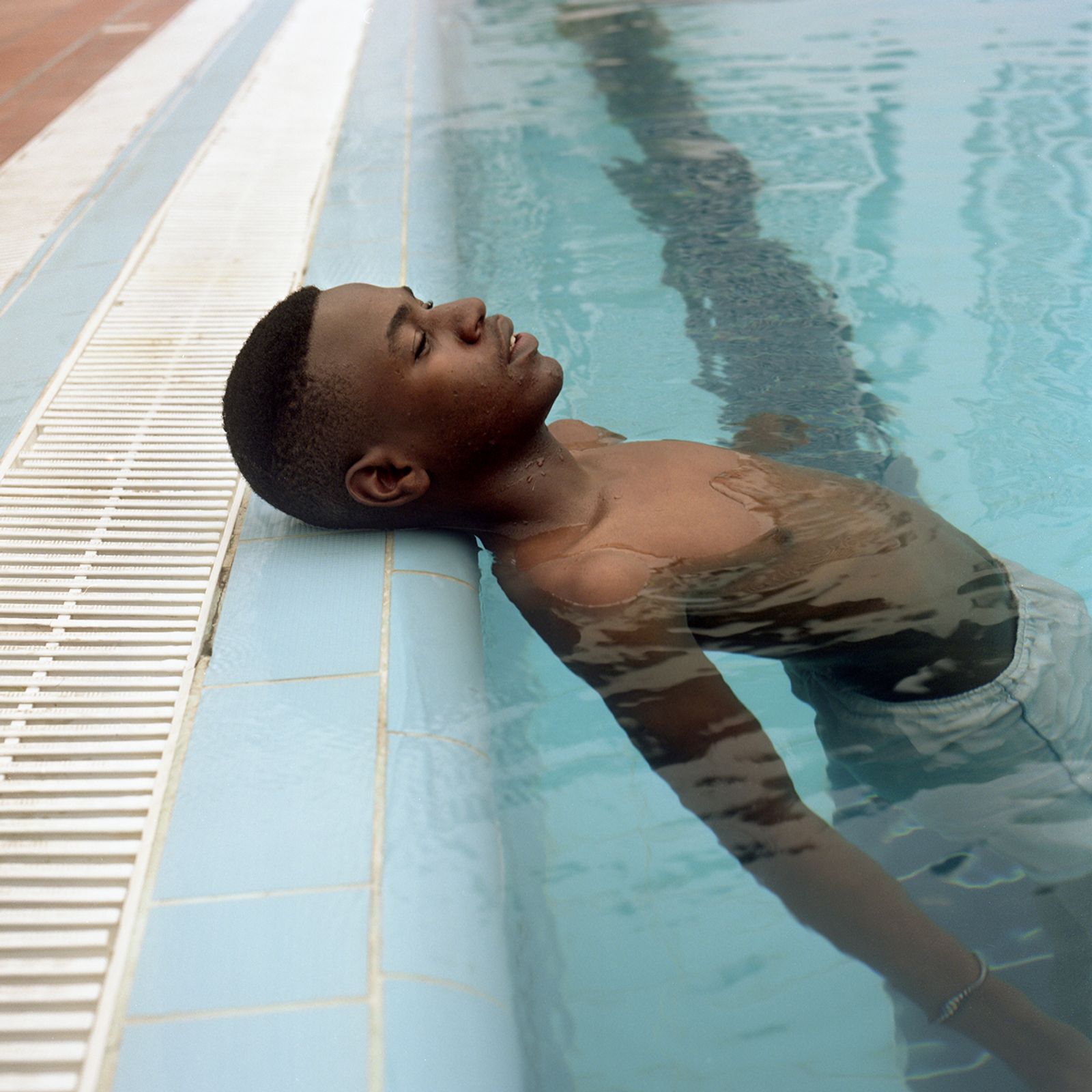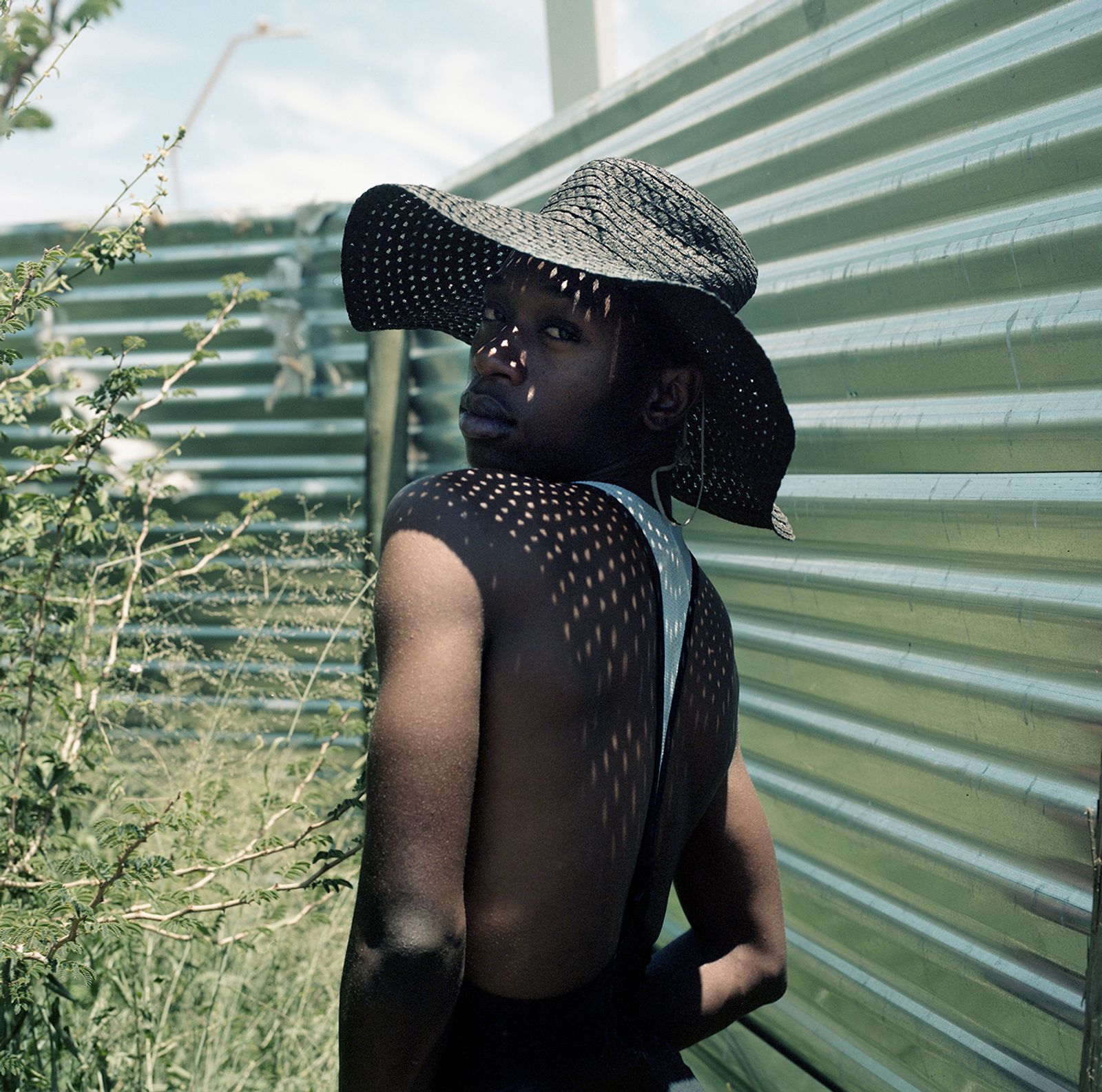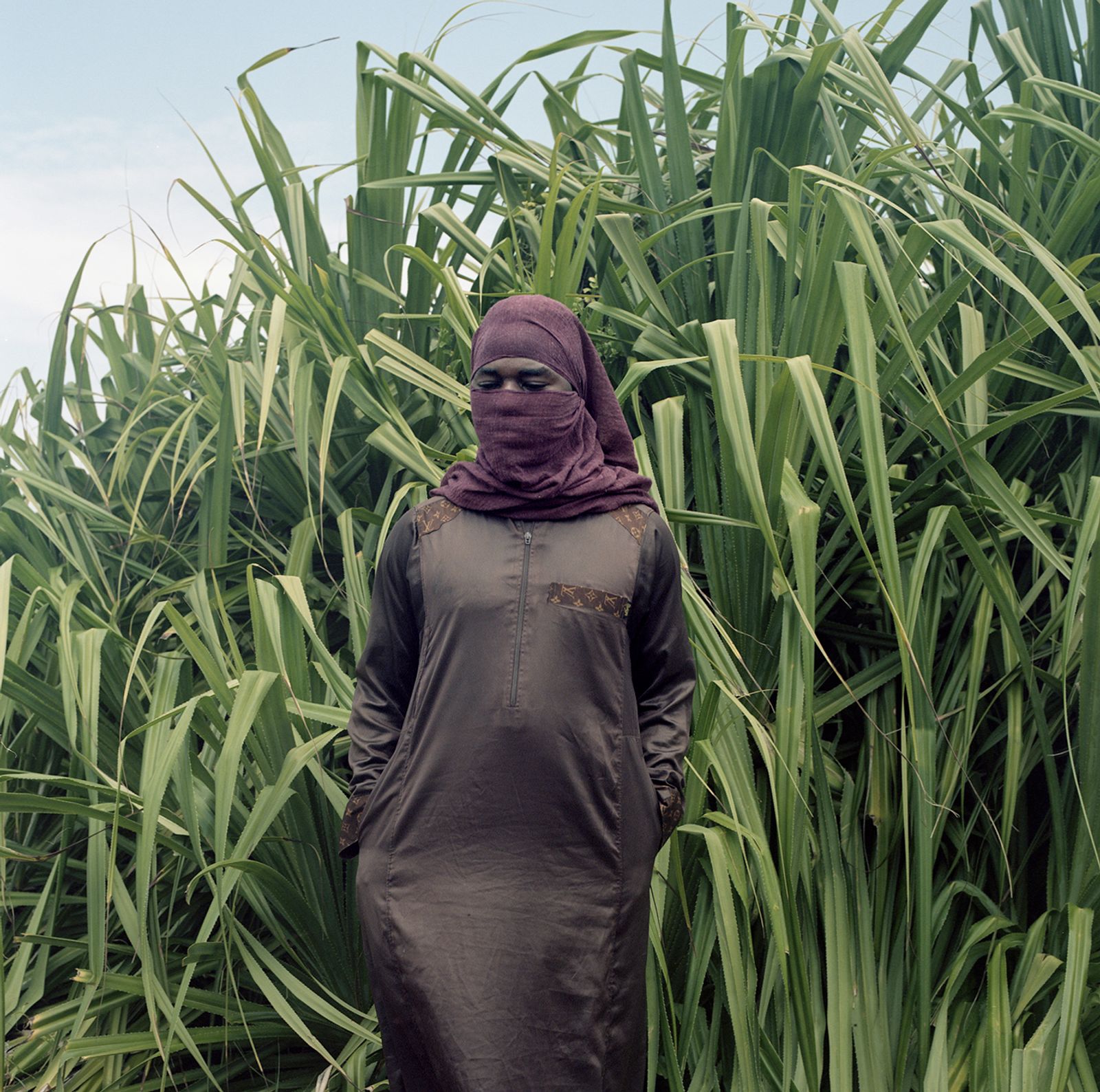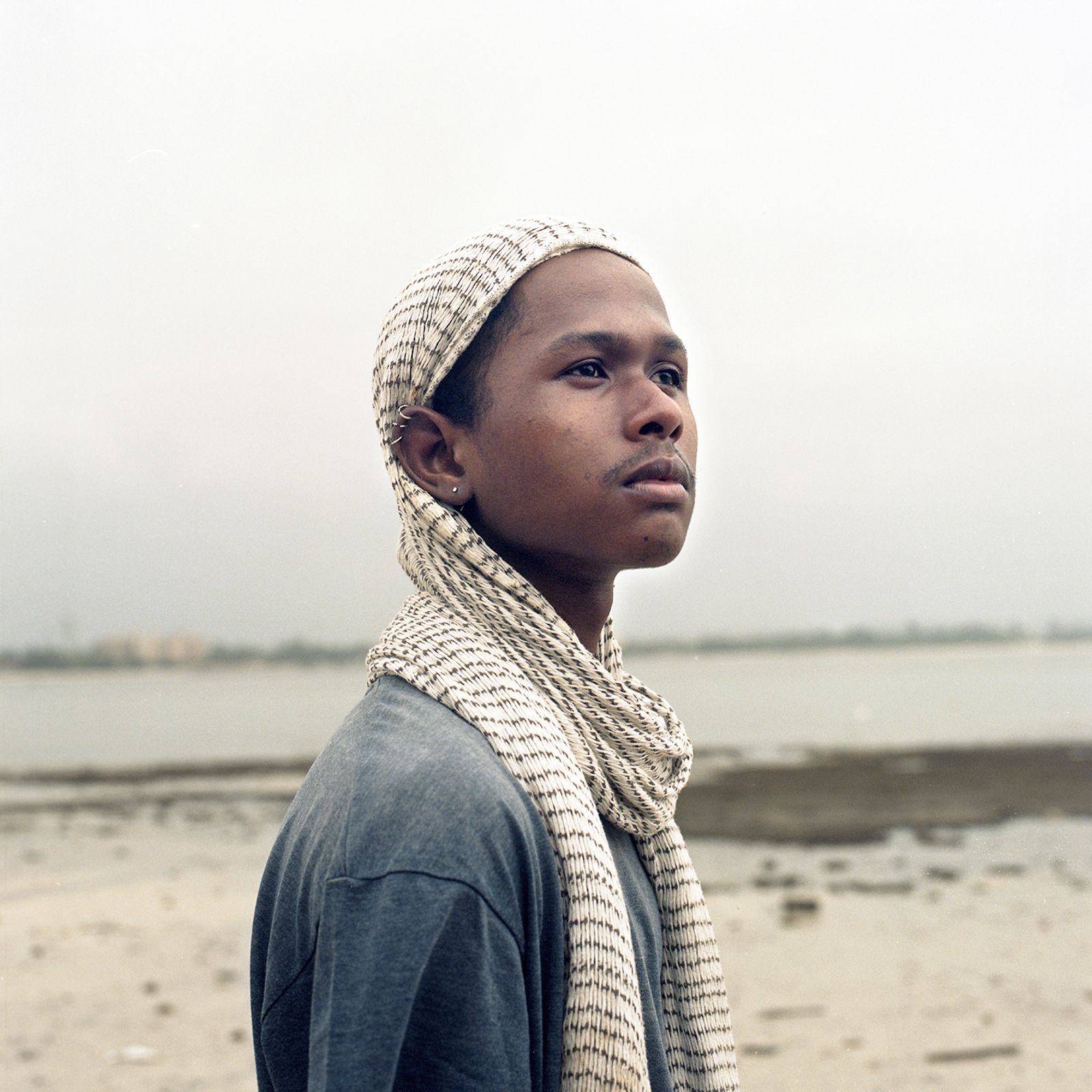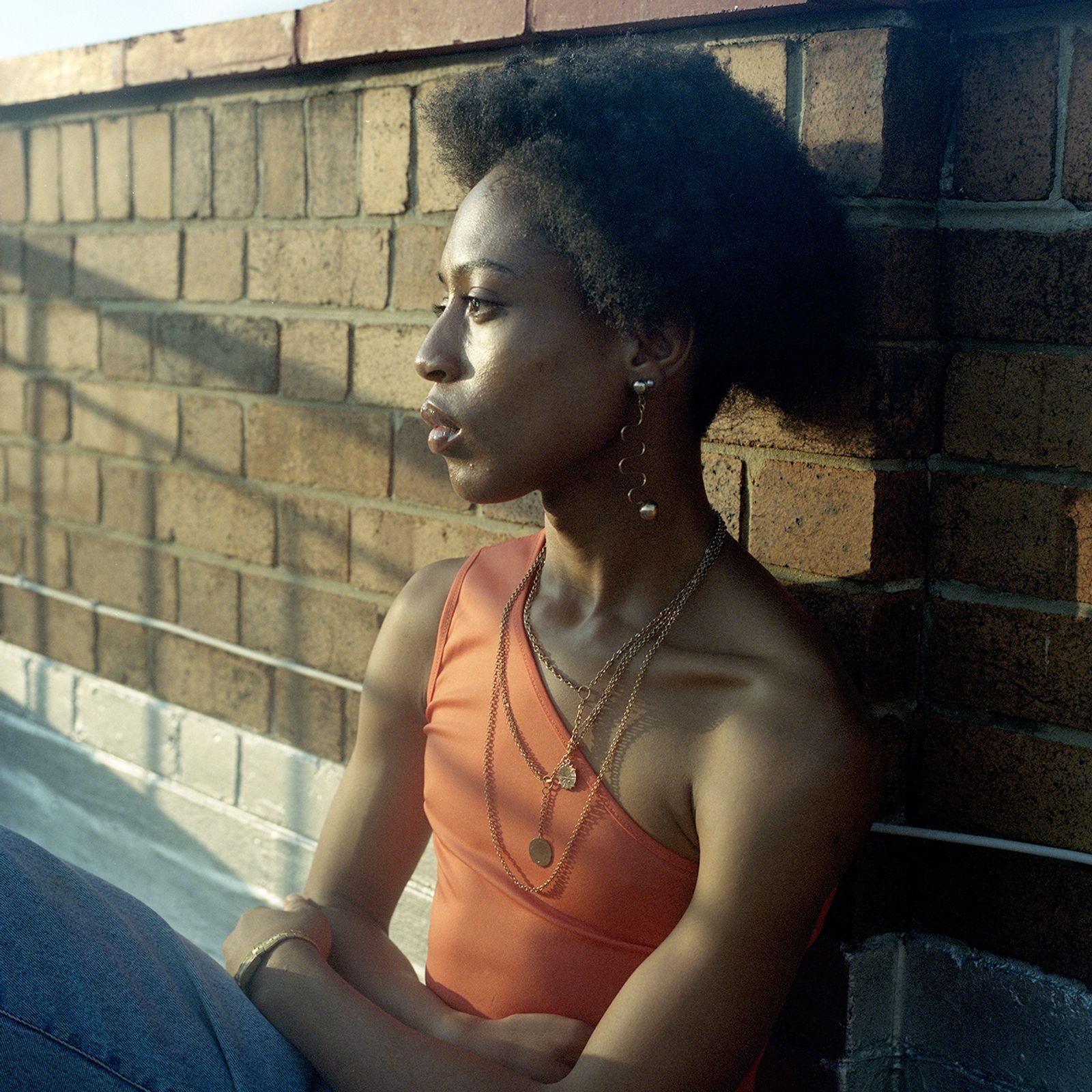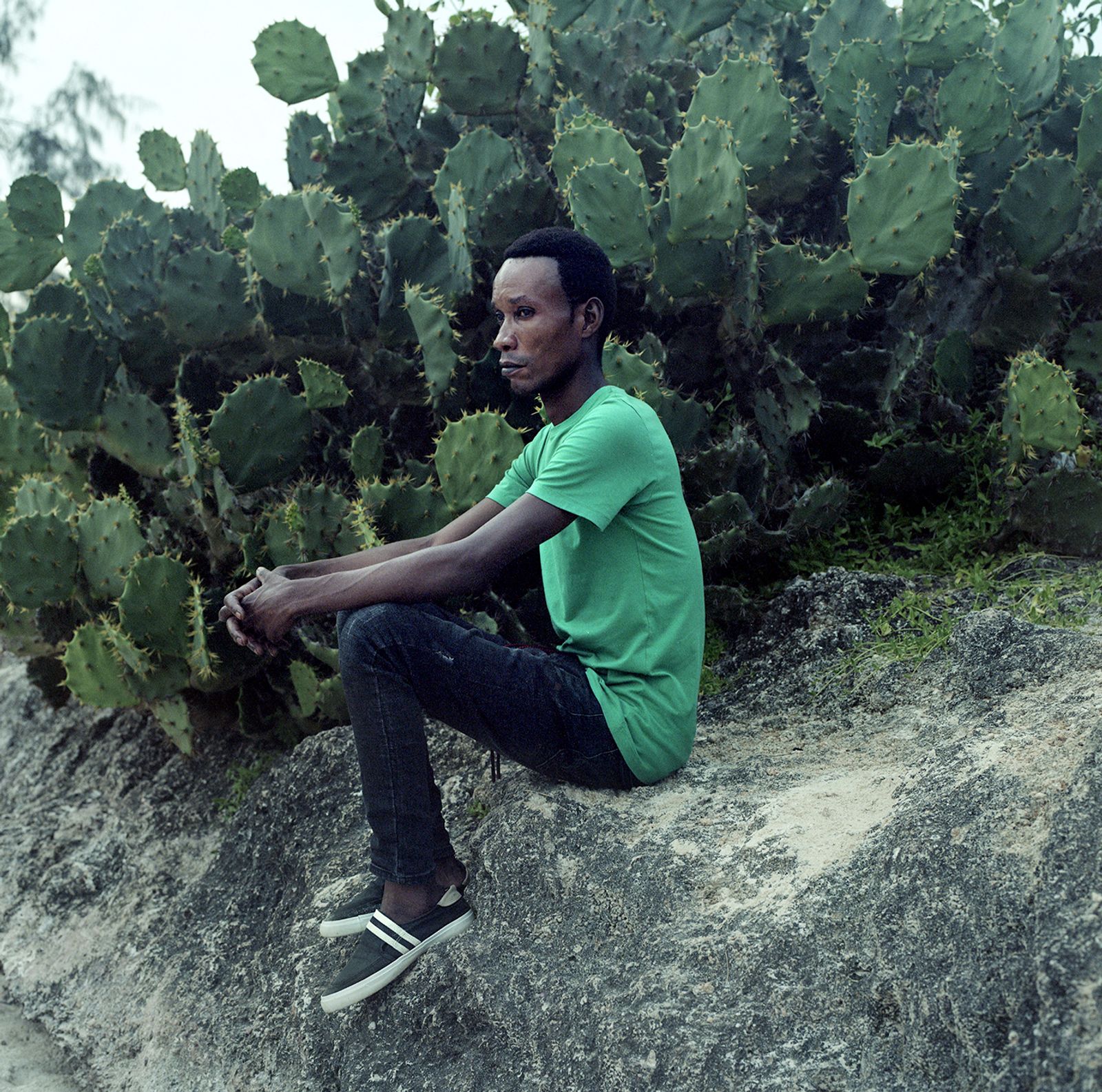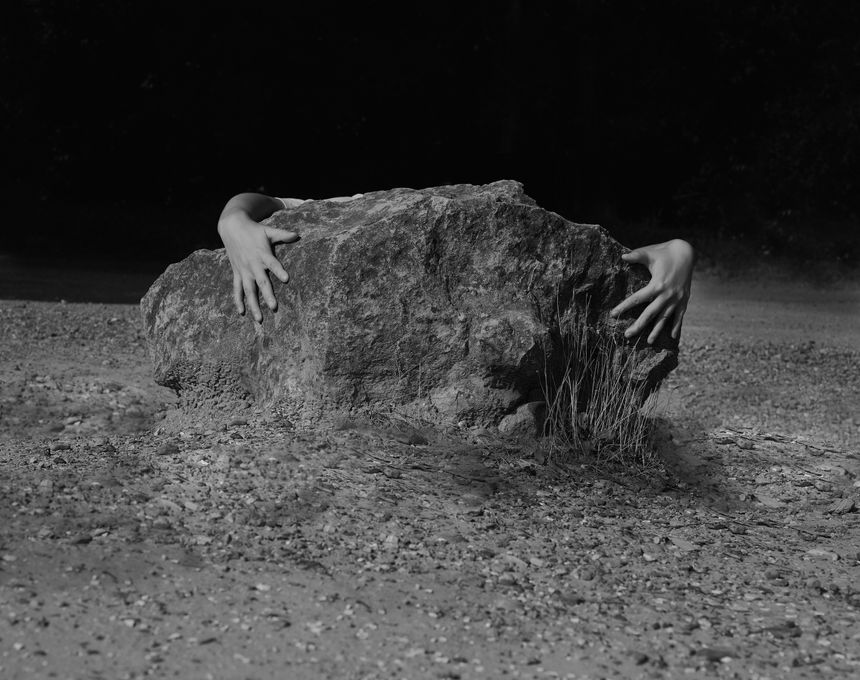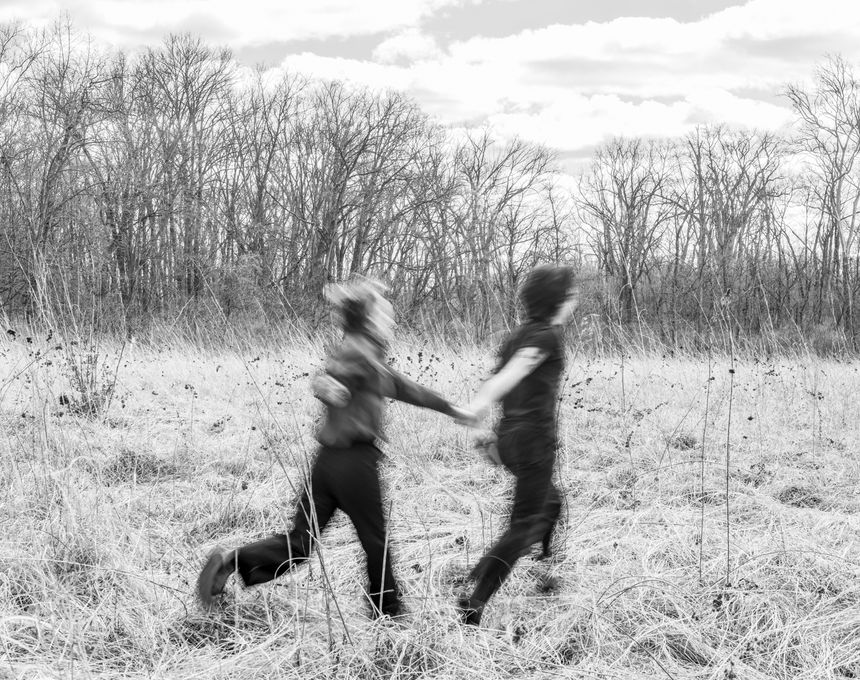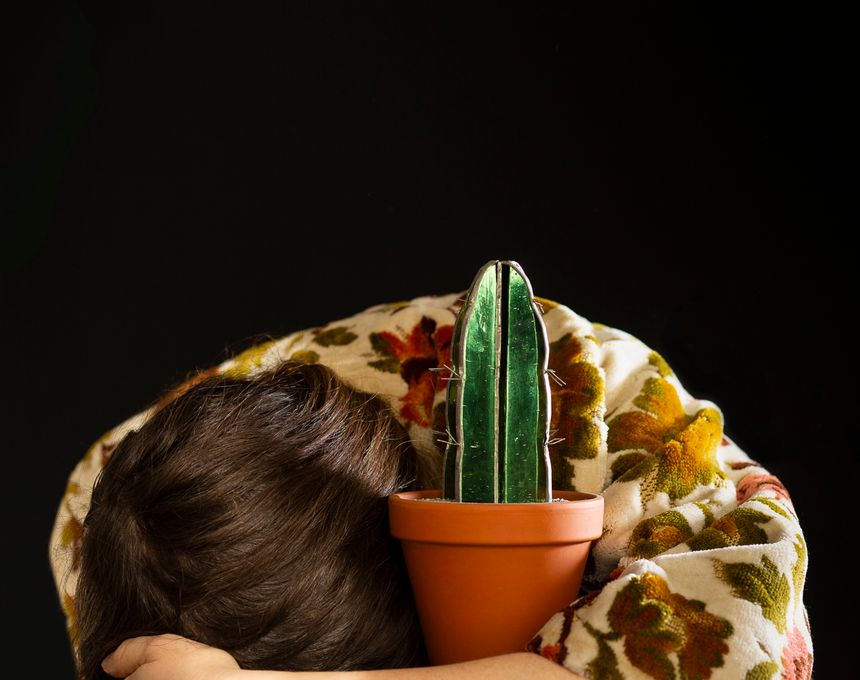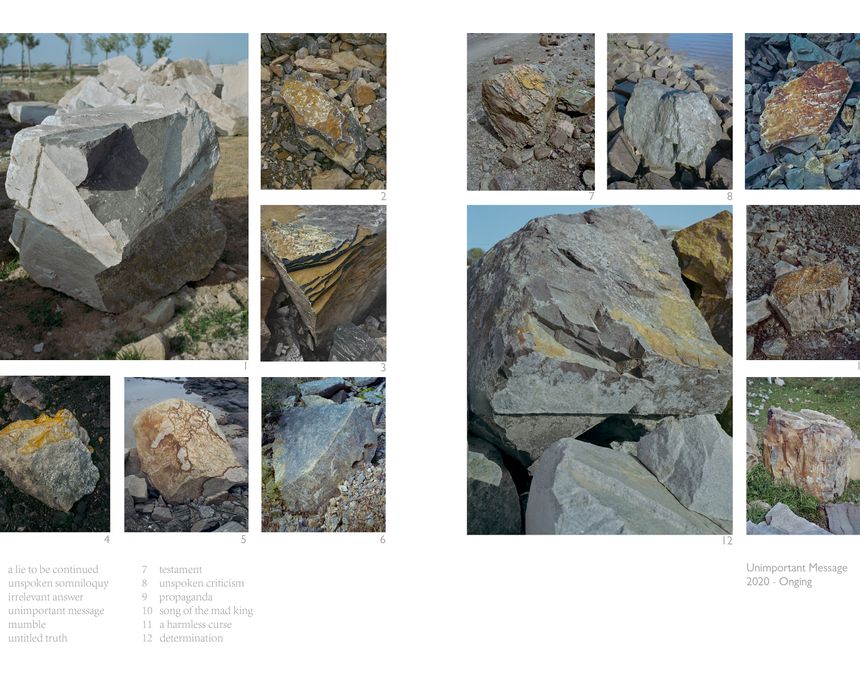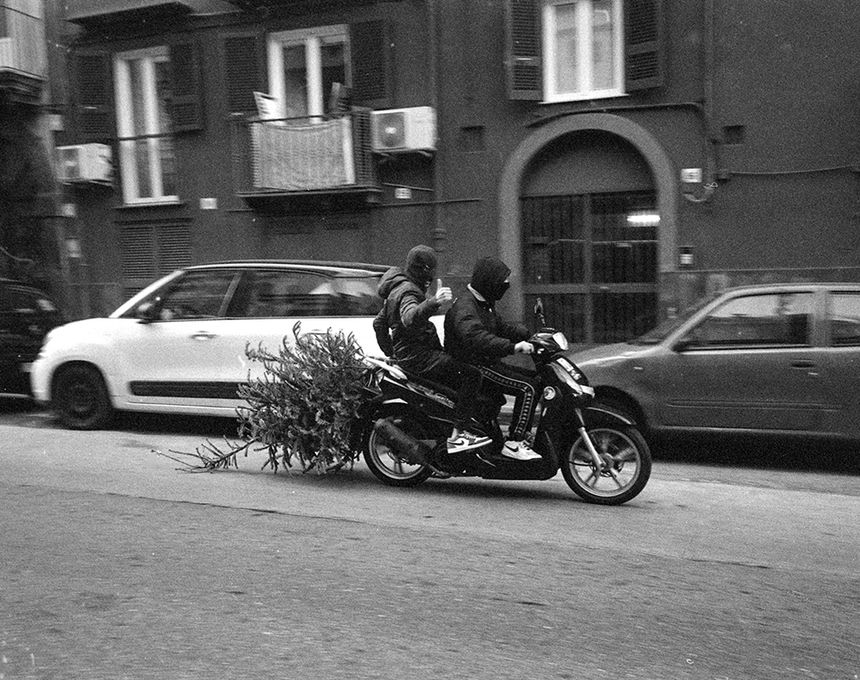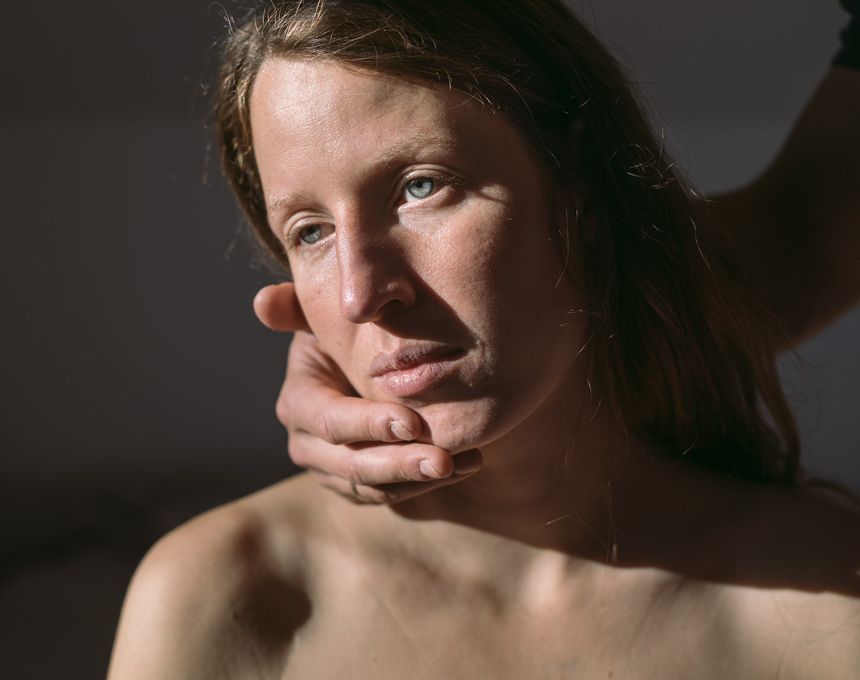Outside the Binary Africa
-
Dates2020 - Ongoing
-
Author
Outside the Binary Africa
Genderqueer, also known as non-binary, is a catch-all category for gender identities that are not exclusively masculine or feminine—identities which are outside the gender binary and cisnormativity. Genderqueer people may express a combination of masculinity and femininity, or neither, in their gender expression.
People with fluid gender identities exist all over the world and have existed as log as the human race has existed. In many of the African countries this is a big taboo, and it is illegal to be queer or to show a diffrent gender expression. This project want to give people this people a voice to speak out to the rest of the world. We exist and we are proud!
